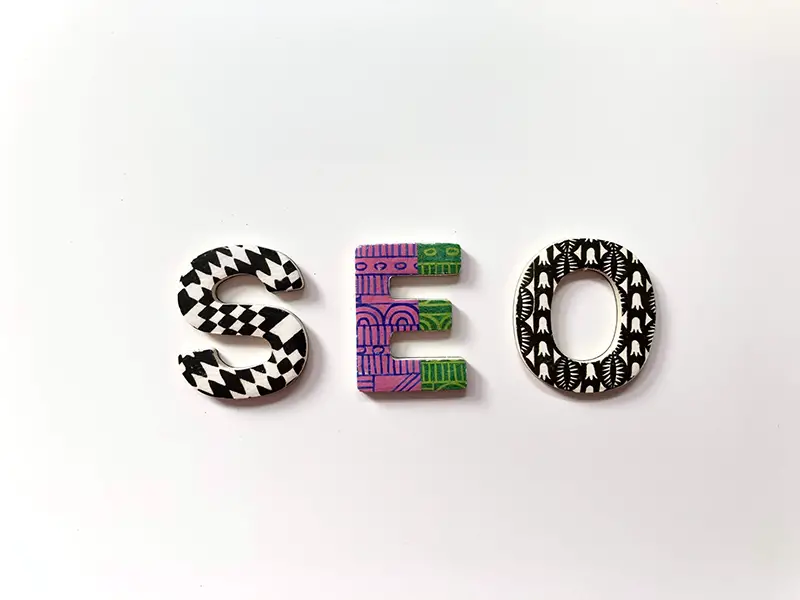Click here to get this post in PDF
This article contains affiliate links. For more info, see disclosure.
What is SEO?
Search engine optimization, or SEO, refers to improving a website’s ranking on search engines. It is the process of using non-paid (“organic”) search engine results to improve the quality and quantity of your website visitors and brand exposure.
Despite the abbreviation, SEO is about people just as much as it seems to be about search engines. According to one Australian SEO Agency, SEO is about figuring out what people are looking for on the internet, what answers they want, what language they are using, and what kind of information they want to consume. Understanding the answers to all these questions will help you connect with people looking for the answers you provide online. If understanding your audience’s purpose is one half of the SEO, the other is presenting it in a form that search engine crawlers can easily locate and comprehend.
Search Engine basics
Search engines are automated response or answer systems. They sift through billions of bits of material and weigh hundreds of criteria to see which ones are most likely to get an answer to your question. All of this is accomplished by search engines identifying and cataloging all accessible information on the whole Internet, like PDFs, web pages, photos, videos, and so on, through a procedure known as “crawling and indexing,” and the results are then ranked according to how closely they match the query.
How to optimize your website for SEO?
Here are some of the points to help you optimize your site; however, if you need more assistance on this topic, you can contact any of the SEO experts like frankdigital.agency which helps you reach your potential audience by free consultation or any other agencies like that.
1. Publish content that is both relevant and authoritative.
The top contributor to your SEO rankings is quality, authoritative content, and there is no alternative to outstanding content, especially when it comes to SEO marketing. Quality content suited to your target demographic increases site traffic, increasing your site’s authority and relevance. Sharpen your web writing abilities and establish yourself as an expert on the subject you are writing about. For every website content page, identify and target a single keyword phrase. Consider how your reader may use search phrases to find that precise page.
2. Consistently update your content
You have probably noticed how passionate we are about content. Search engines are no exception. Remember that constantly updated content is one of the best indicators of a site’s relevancy, so make sure it is current. Audit your material on a regular basis and make any necessary modifications.
3. Information about metadata
Each page on your website has a place between the head> tags where you may include metadata or details about the page’s contents. It’s vital to review and update information as your site grows.
4. Have a website that is worthy of being linked to
A content-rich, authoritative, unbiased homepage that helps readers learn more about what they’re interested in is more likely to draw connections from other websites, improving your search engine optimization. By including relevant & useful links in your content, you may increase your authority and trustworthiness.
5. Make use of alt tags
Use alternative (alt) text descriptions to explain your picture and video files. They aid in the discovery of your page by search engines.
In terms of marketing, what is the relevance of SEO?
Because individuals make billions of queries or searches yearly, sometimes with the commercial purpose of obtaining information on products and services, SEO is a critical component of digital marketing. Almost every brand’s or business’s main source of internet traffic is regularly searched, with other marketing channels supplementing it. Better placement in search engine results than your competitors can significantly influence your bottom line. You should consider attending the SEO conference NYC to learn more about SEO.
However, during the last several years, search results have evolved to provide visitors with more specific answers and information, which are more likely to retain consumers on the results page rather than redirecting visitors to other websites. Also, remember that search results elements like rich results & Information Panels can enhance exposure and give users extra information about your organization right in the results. To recap, SEO is the foundation of a comprehensive marketing plan. You may utilize this information for your sponsored or organic efforts, your site, & your social media resources, among other things, once you know exactly what your website visitors want.
You may also like: Check Your Website’s SEO: Free Analysis Tool & Audit Report
Image source: Unsplash.com

